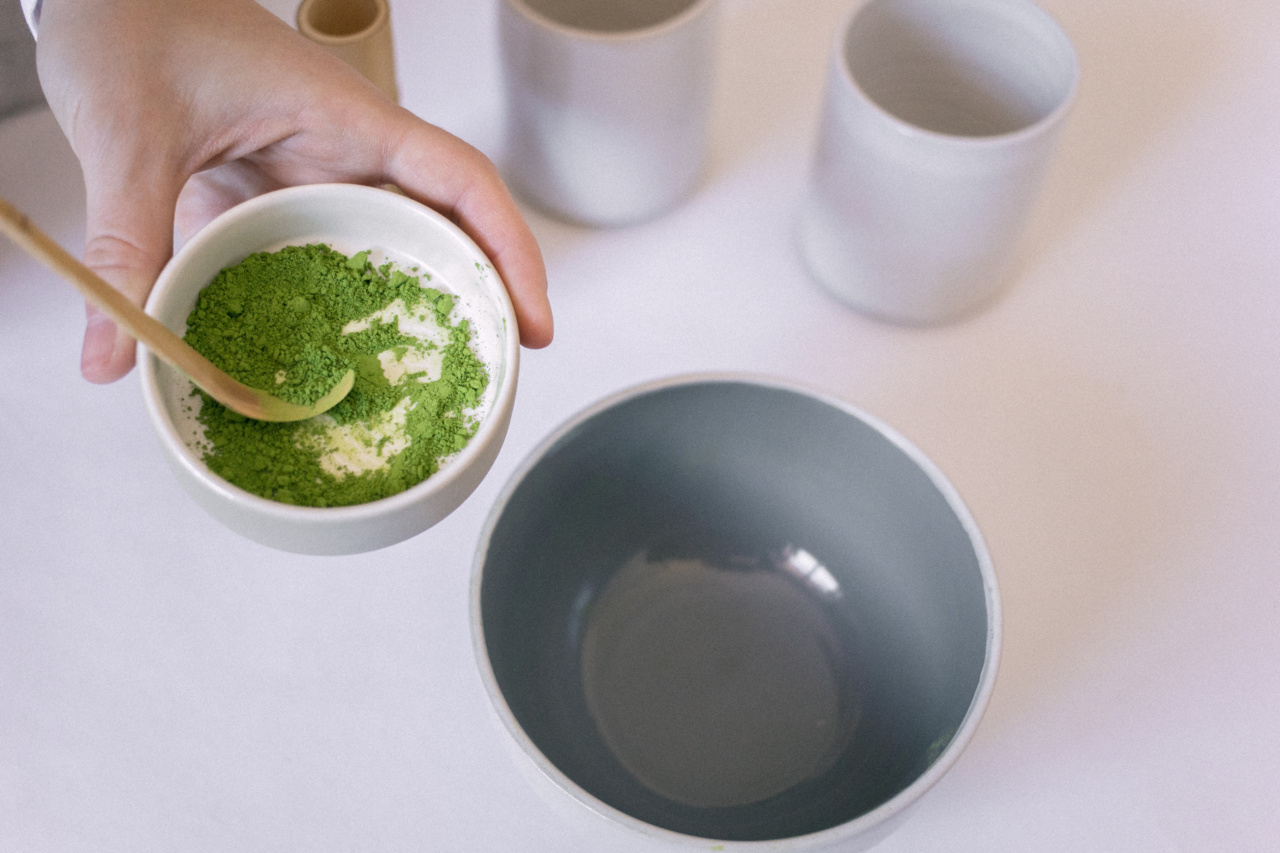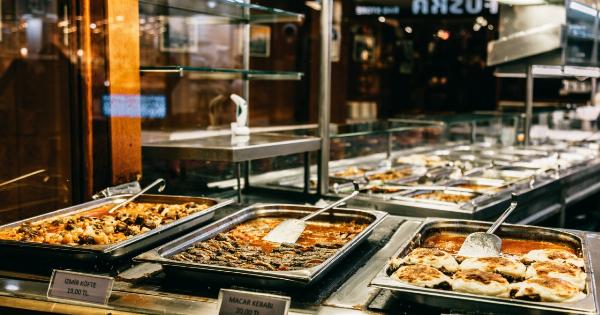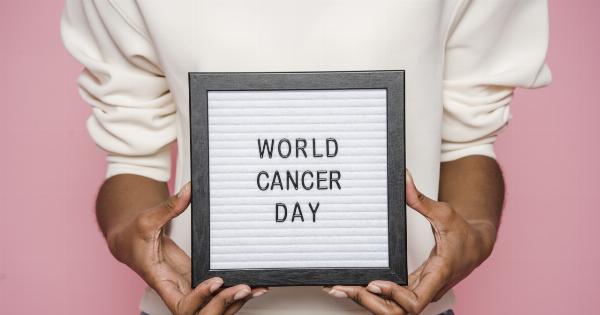A colonoscopy is a crucial screening test that helps doctors detect any abnormalities or signs of colon cancer. The procedure involves examining the large intestine using a thin, flexible tube equipped with a light and a camera.
To ensure the colon is thoroughly examined, it is important to properly prepare for the colonoscopy. One aspect of preparation involves following specific food and drink guidelines. This article will provide you with guidelines to follow in order to prepare effectively for a colonoscopy.
Why Food and Drink Guidelines are Important?
The food and drink guidelines provided by your doctor or healthcare professional play a vital role in the success of your colonoscopy.
Following these guidelines will ensure that your colon is clean and free of any obstructions, allowing for a clear and accurate examination of your gastrointestinal tract. Failure to adhere to these guidelines may result in an incomplete procedure, leading to the need for a repeat colonoscopy.
What to Eat Leading Up to the Colonoscopy?
In the days leading up to your colonoscopy, it is important to consume a low-fiber diet. This will help in minimizing the residue in your intestines, making it easier for the doctor to view the colon clearly.
Here are some of the recommended foods to eat:.
- White bread without seeds
- Refined pasta or noodles
- Lean meat, such as chicken or fish
- Eggs
- Dairy products, but avoid those with added seeds or nuts
- Low-fiber fruits like melons and bananas
- Fruit juices without pulp
- Fruit preserves without seeds or peel
- Cooked vegetables without skin or seeds
- Plain cereals or oatmeal
Consuming these low-fiber foods will help reduce the bulk in your intestines, ensuring a more effective colonoscopy procedure.
Foods and Drinks to Avoid
While following a low-fiber diet, there are several foods and drinks you should avoid before your colonoscopy. These include:.
- Whole grains
- Nuts and seeds
- Raw fruits and vegetables
- High-fiber cereals
- Legumes
- Popcorn
- Corn
- Broccoli
- Cabbage
- Beans
- Carbonated beverages
- Alcohol
Avoiding these foods and drinks is essential as they can leave residue in your colon, making the examination more challenging and less accurate.
Clear Liquid Diet
As your colonoscopy approaches, you will be required to follow a clear liquid diet for a specific period of time. This helps in further emptying your colon and ensuring a clearer view.
The following are examples of clear liquids that are generally allowed:.
- Clear broths such as chicken or vegetable broth
- Clear fruit juices without pulp
- Plain gelatin (avoid those with added fruit or toppings)
- Coffee or tea without cream
- Clear, flavored popsicles
- Sports drinks without artificial colors
It is important to note that these clear liquids should not be colored or contain any solids, as they can interfere with the results of your colonoscopy.
The Importance of Hydration
During the preparation phase, it is crucial to stay hydrated. Make sure to consume enough clear liquids to compensate for any loss of fluids due to dietary restrictions and bowel preparation medications.
Adequate hydration helps prevent dehydration and makes the colonoscopy procedure more comfortable.
Bowel Preparation
A day or two before your colonoscopy, your healthcare provider will prescribe a bowel preparation medication. This medication helps cleanse your bowels thoroughly, ensuring a clear view during the procedure.
It is essential to follow the instructions provided with the medication carefully. Failure to complete bowel preparation may result in rescheduling the colonoscopy.
Conclusion
Preparing for a colonoscopy involves following specific food and drink guidelines. Adhering to these guidelines will ensure a clean colon, allowing for an effective examination of your gastrointestinal tract.
Remember to consume a low-fiber diet leading up to the procedure and avoid certain foods and drinks. Follow your doctor’s instructions regarding clear liquid diets and bowel preparation medications. By preparing well, you can help your doctor detect any potential issues and ensure a successful colonoscopy.




























